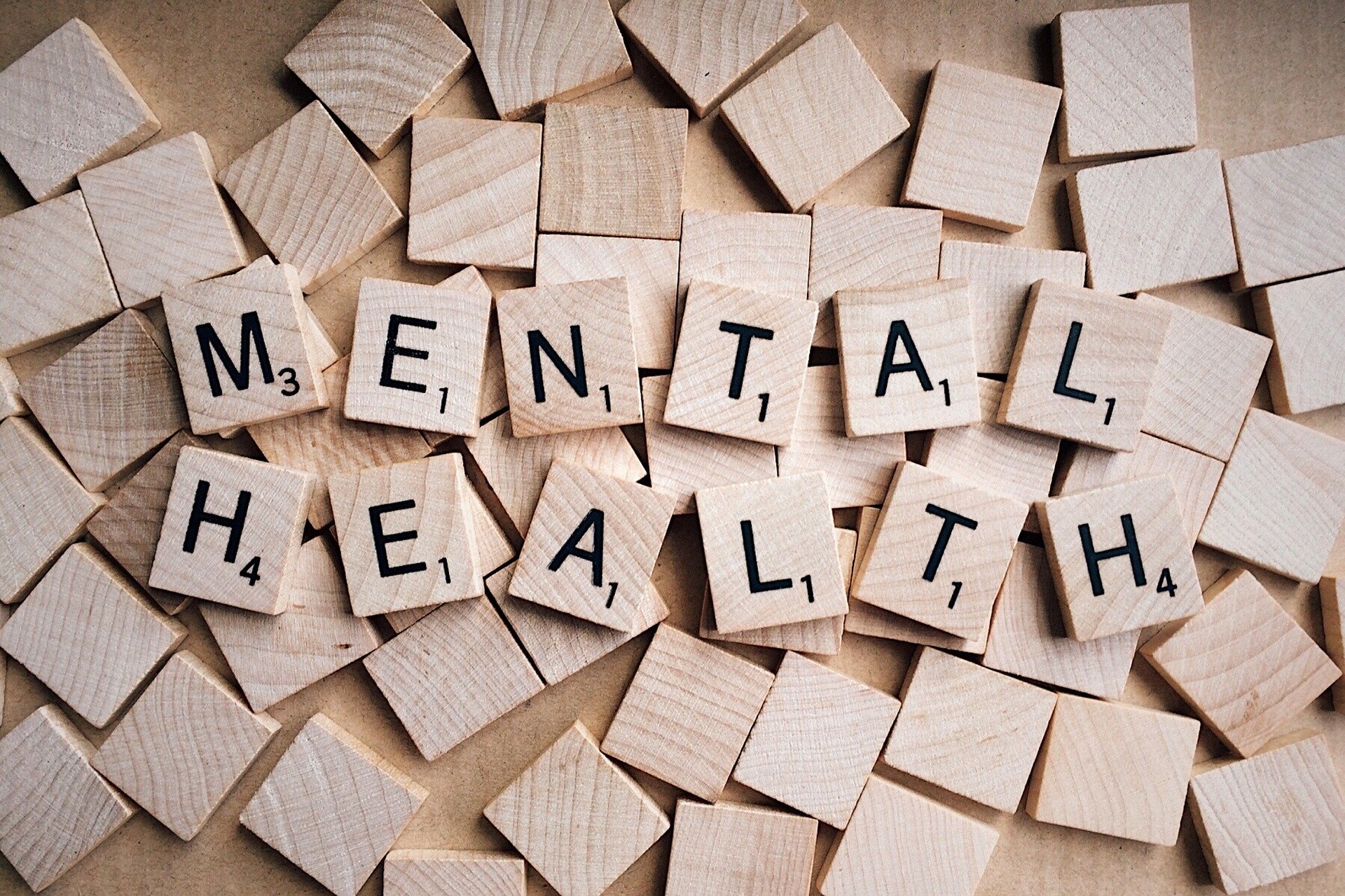Be careful of your thoughts, for your thoughts become your words. Be careful of your words, for your words become your actions. Be careful of your actions, for your actions become your habits. Be careful of your habits, for your habits become your character. Be careful of your character, for your character becomes your destiny. — Chinese proverb, author unknown
Many of us will be familiar with the quote above; on the face of it; the message seems clear, “be careful of your thoughts as they can ultimately lead to defining your outcomes”. But is it as simple as that? In today’s modern fast-paced world do any of us take the time to slow down and think about the impact of our thoughts and words on others but especially ourselves?
The past few months have undoubtedly given us all more time to reflect on mindset and mental wellbeing. The isolation associated with “lockdown” has resulted in increased stress and concerns about our health, finances, careers, and family.
Amy Morin a psychotherapist and the author of the bestselling book “13 Things Mentally Strong People Don’t Do” offers a great insight into this topic. The author explains that we do not spend much time “thinking about how we think” and reflecting on our thoughts and the impact they may be having; so maybe it’s time we did?
During our recent Lockwood and Rann round table events business owners highlighted the increased importance of employee mental health and wellbeing as they navigate through this period of uncertainty.
In our discussions, business leaders stressed the importance of taking time to understand how employees are feeling, their concerns, what they may be thinking about at this time and ways in which they can provide support.
Employers have a legal responsibility to make sure that the working environment is healthy and safe but there is now increased emphasis on taking the time to make sure employees are not just physically safe but mentally safe too.
The Health and Safety Executive (HSE) has enhanced its First Aid guidance to help employers understand the existing need to consider mental health alongside physical health when undertaking their ‘needs assessment’.
The recent mental health awareness week has also highlighted the importance of mental health and wellbeing. Figures published by the HSE in October 2019 suggested that 12.8 million working days are lost due to work-related stress, depression or anxiety; this, in turn, has a financial impact on the economy costing UK employers an estimated £33-42 billion per year with stress, anxiety and depression being the biggest cause of sickness absence in our society.
Poor mental health can also impact on physical health conditions, be a factor around lower morale and reduced productivity so clearly this area needs addressing across the boardroom table as a matter of priority.
Improving the mental health of the nation has never been more important. Coronavirus will be having an impact on us all, on our mental health, and wellbeing and subsequently on our ability to perform.
Whilst supporting mental health at work is a corporate responsibility, businesses are beginning to understand that maintaining a healthy mindset means employees are more productive and those companies that promote a progressive approach to mental health are seeing a significant impact on their business performance.
So what can companies do to get ahead of this issue? Certainly having a workplace culture where employees feel free to share their challenges with how they are feeling is key to reducing the stigma around mental health. Training people in mental health awareness and skills can increase knowledge and confidence in dealing with mental health issues too.
As we move forward into the post-pandemic world, Mental Health Awareness week has highlighted the importance of mindset on our mental and physical health and the positive effects that mental health initiatives can have on workplace culture and success.
So, the message is clear, companies need to be proactive around addressing the issue of creating a psychologically safe environment for their employees; not just because of the legal issues surrounding this subject but the moral ones as well.
To help companies in these challenging times, Lockwood & Rann provides support across a range of areas:
Support to your workplace through bespoke training packages and health and wellbeing specialist support with specifically tailored resources.
Provide engagement and employee wellbeing surveys.
Provide assessment tools to enhance communication & understanding across the business.
For more information on the above, please contact Mark Clough on 07884 447039 or mark.clough@lockwoodandrann.com
https://www.hse.gov.uk/statistics/causdis/stress.pdf
mental-health-Image by Wokandapix from Pixabay
BACK
